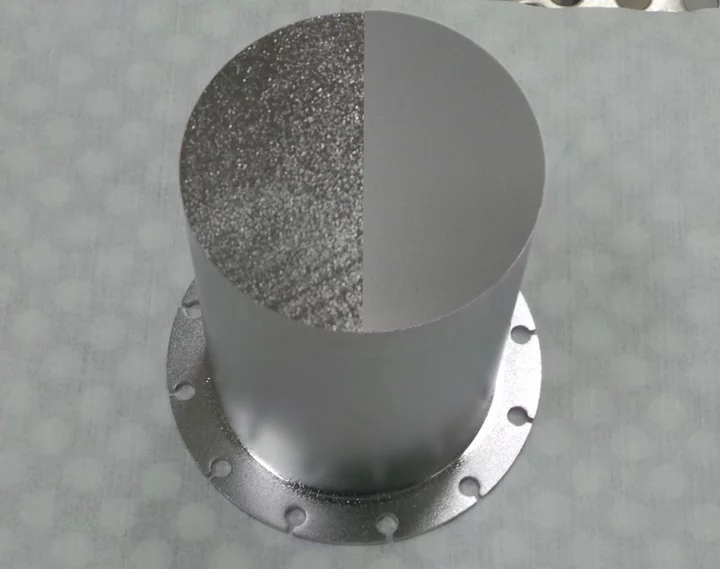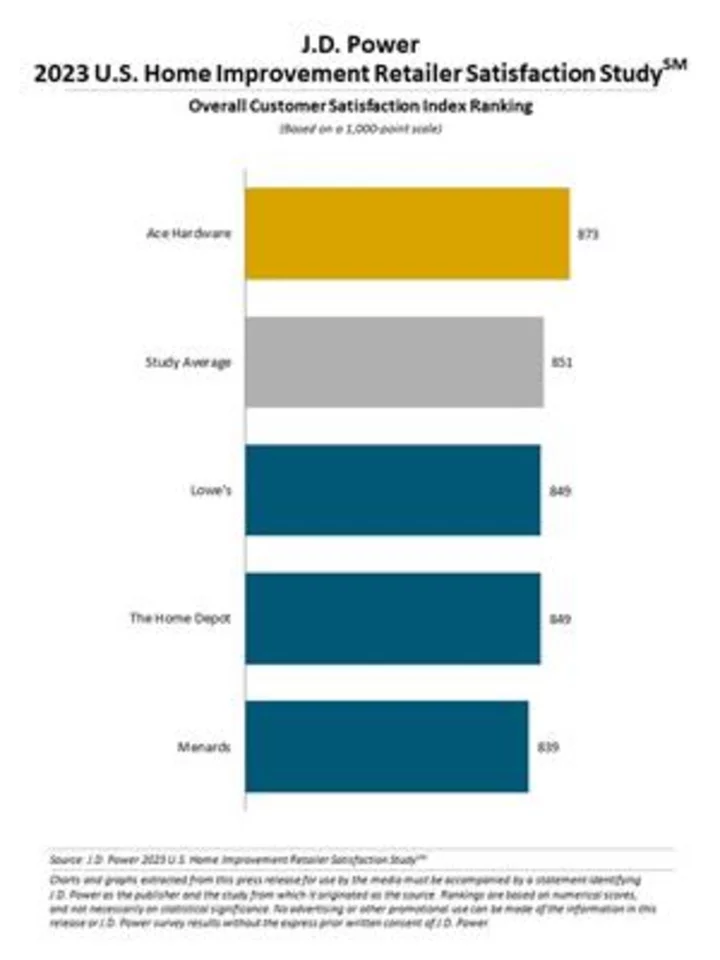A never-before-seen ore containing vast quantities of an element widely used in semiconductors has been found in China in a discovery that could propel new advances in battery technology.
Geologists found rare earth metal niobium inside the new ore named niobobaotite from north China’s Inner Mongolia.
The rare earth metal is widely used in alloys for jet engines and rockets and has also been shown to have exceptional current conducting properties in low temperatures. Some researchers have said batteries made from niobium have several advantages over traditional lithium-ion batteries.
The main source of niobium until now has been from the ore mineral columbite that is extracted widely in Canada, Brazil, Australia and Nigeria, with China obtaining nearly 95 per cent of the element for its steel industry via imports.
If geologists can prove that sufficient volume and quality of niobium can be extracted from niobobaotite, experts said it could help make China “self-sufficient”, reported the South China Morning Post newspaper.
The niobobaotite ore has received official approval from the International Mineralogical Association’s classification committee, according to the China National Nuclear Corporation, a state-run enterprise responsible for overseeing China’s civilian and military nuclear programmes.
The Brazilian Metallurgy and Mining Company (CBMM) has been working on new projects towards the use of niobium to make advanced lithium-ion batteries.
China’s state news agency Xinhua reported earlier this year that CBMM is partnering with universities, research centres and battery makers to improve the use of the rare earth element in lithium batteries.
Niobium batteries are expected to bring several advantages over traditional lithium-ion batteries that tend to pose challenges like safety risks, short life cycles and long charging times, Antonio Castro Neto, director of the National University of Singapore’s Centre for Advanced 2D Materials, said earlier this year.
“We have made significant progress in our development of niobium-graphene batteries which are proving to be a game changer in safety, efficiency, and sustainability,” Dr Neto said.
Researchers said the performance duration of niobium-graphene batteries can be 10 times longer than traditional lithium-ion batteries, thus making them last for an estimated 30 years and make them more durable and reliable as well.
These batteries, currently in development, can also be fully charged in less than 10 minutes, they said.
“As they have a longer lifespan, the new graphene-niobium batteries significantly reduce total cost of ownership compared to existing lithium-ion batteries and have ultrafast charging capabilities. In addition, they offer higher safety as they do not risk explosion even in high temperatures,” Rogerio Ribas, CBMM’s global head of batteries, said in a statement.
Read MoreChina’s ‘government-approved’ AI chatbot says Taiwan invasion is likely
Australian-Chinese journalist detained for 3 years in China returns to Australia
Driver killed after crashing into Chinese consulate in San Francisco had knives and crossbow
EU asks Elon Musk to ‘walk the talk’ on X/Twitter disinformation over Hamas attack
Earth hit by a huge solar storm that would devastate civilisation, trees show
Viral WhatsApp warning of cyberattack targeting Jewish people is fake









